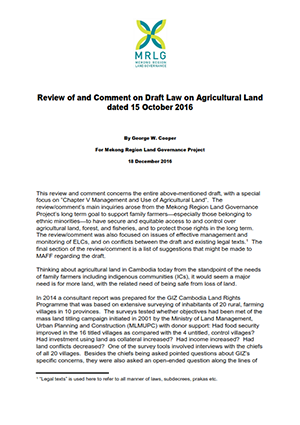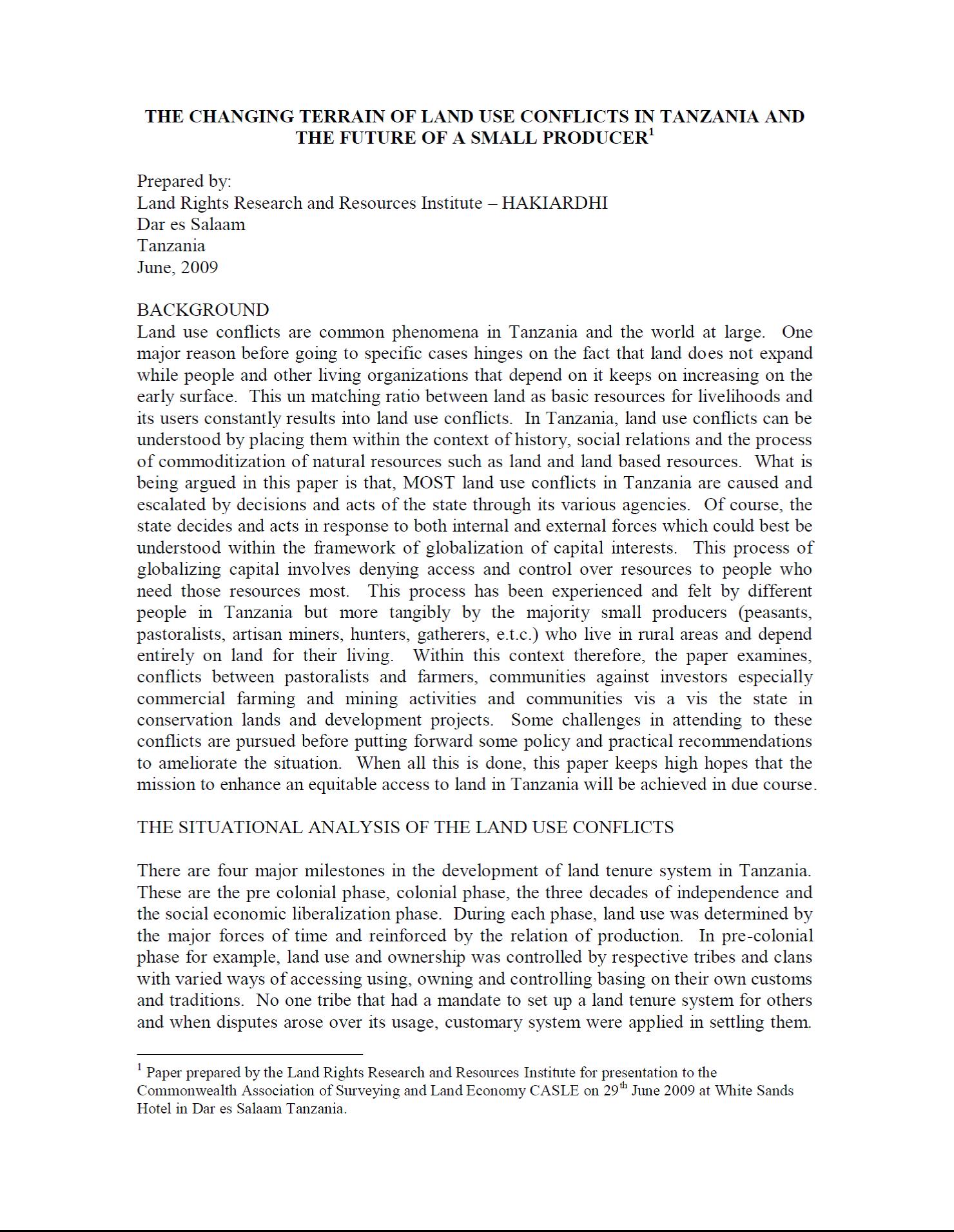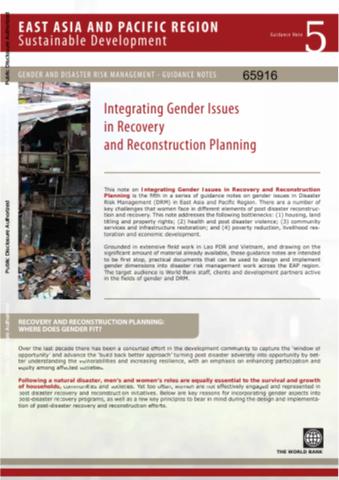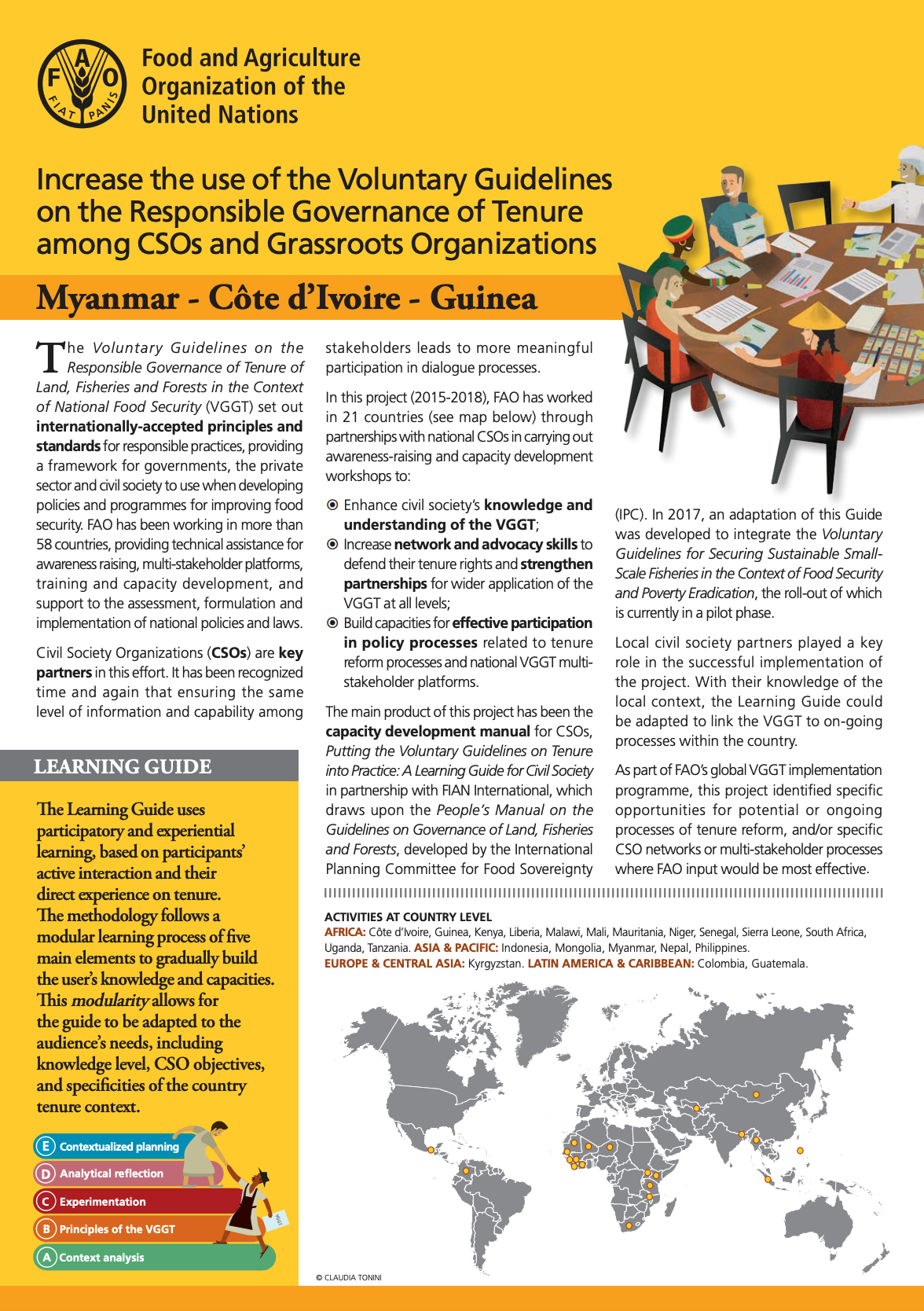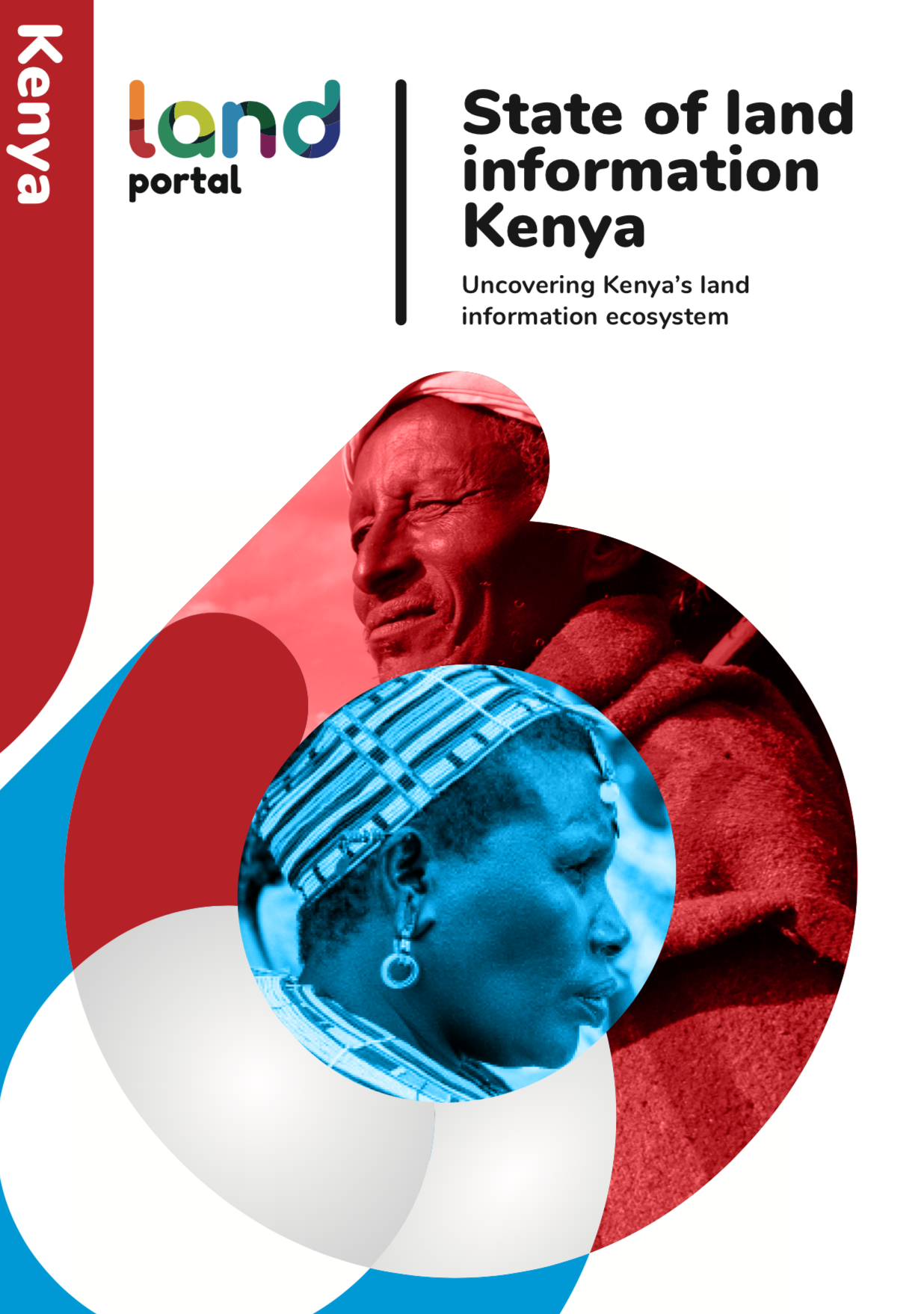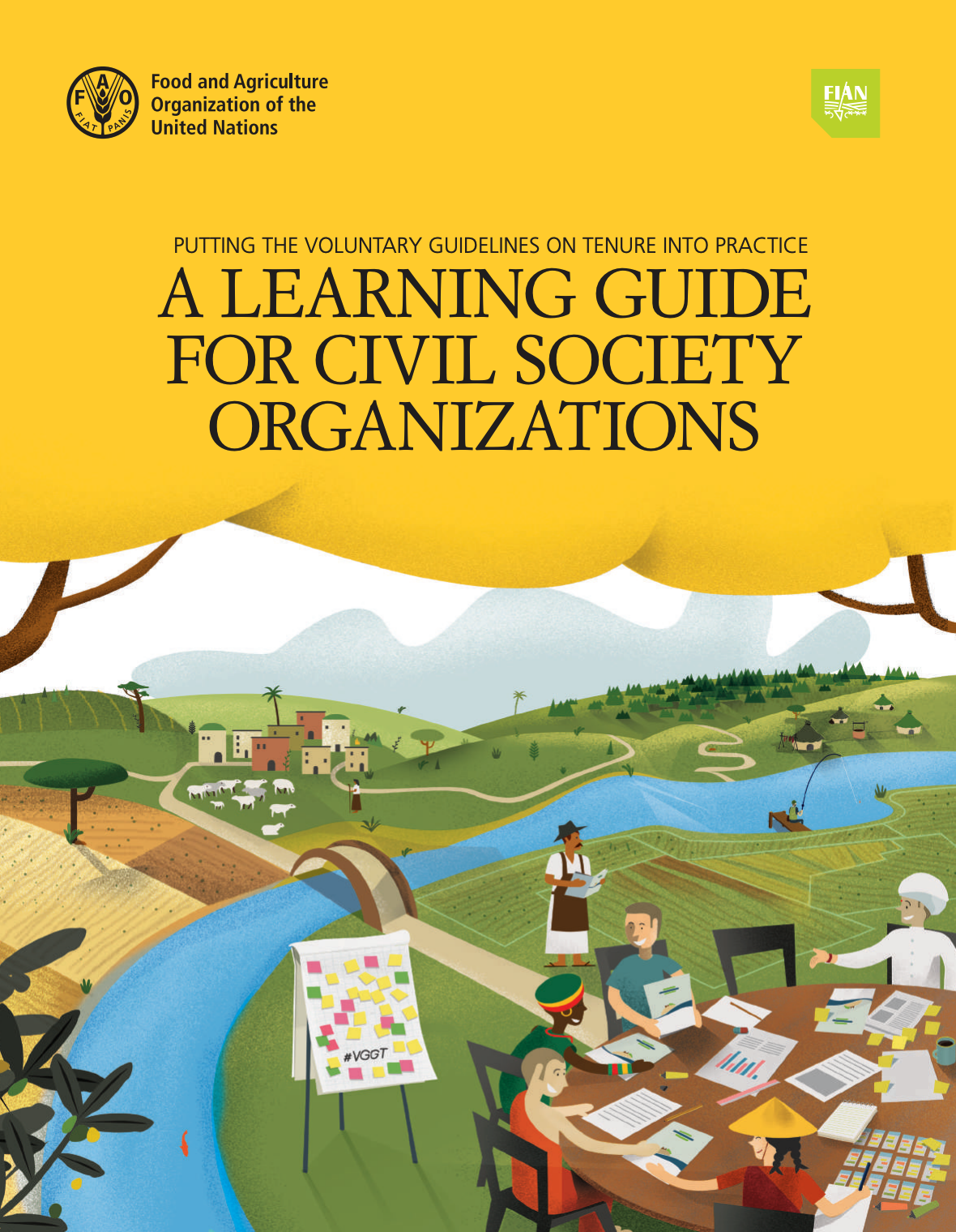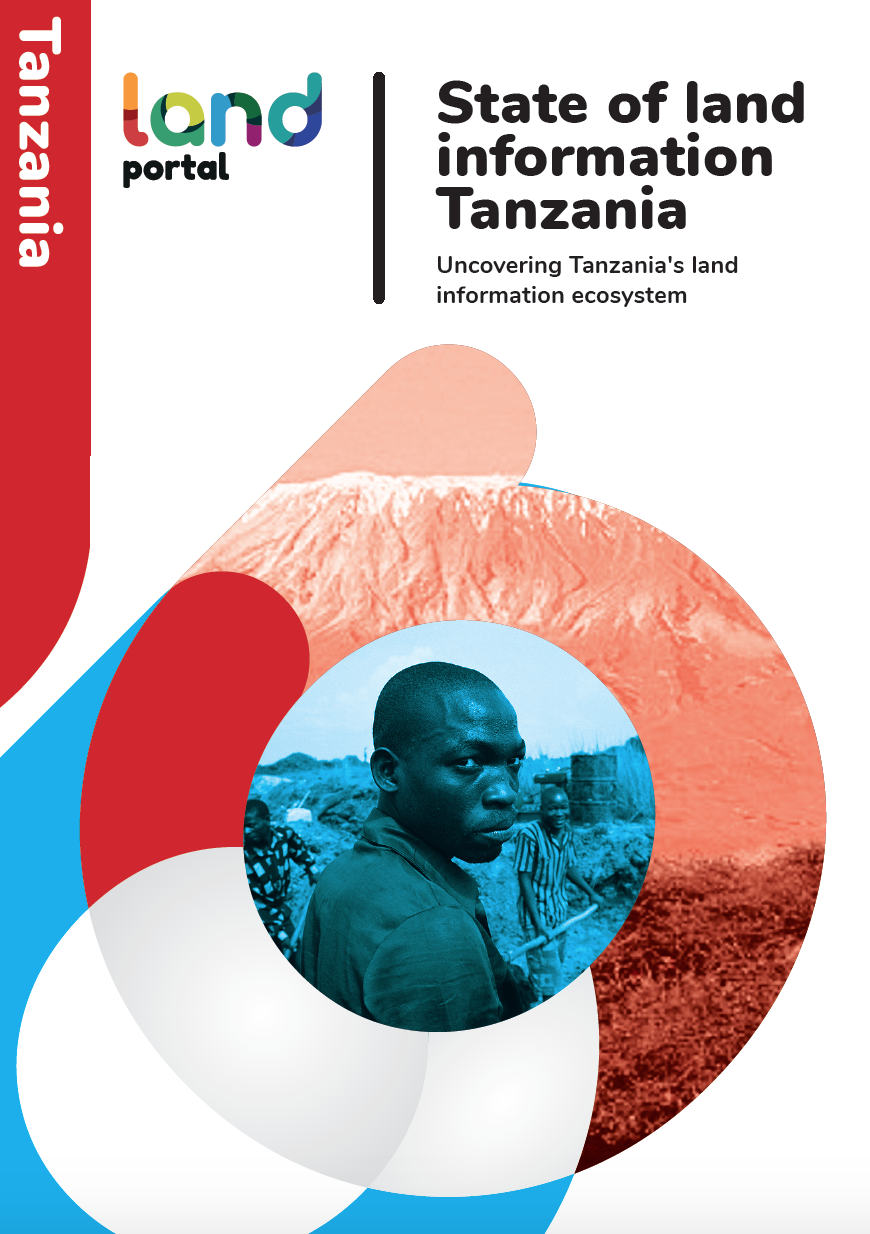Documenting Customary Tenure in Myanmar: A guidebook (First Edition)
This guidebook provides conceptual, legal and practical tools and resources to help civil society organizations guide communities through the process of documenting customary tenure at the local level. It also provides suggestions for how to build on the momentum generated by the documentation process to develop strategies and actions to defend, strengthen and promote customary rights at community, regional and national level. The guidebook was developed out of practical experience and conversations with local groups in Myanmar that have been documenting customary tenure.


